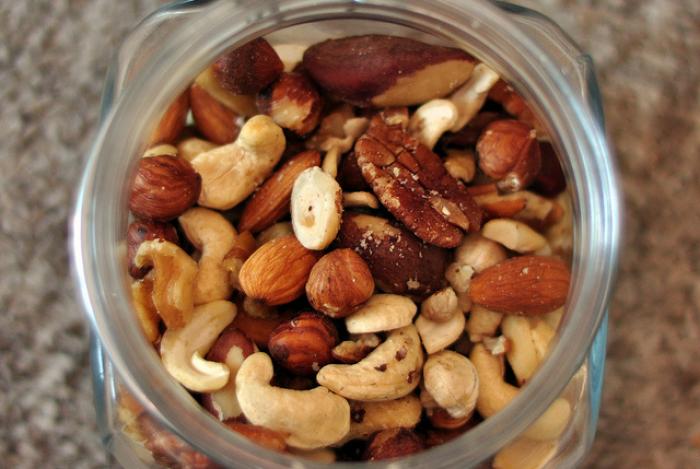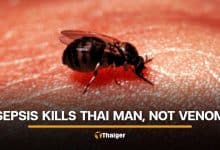Excuse Buster: Thailand full of dieting fanatics

PHUKET: I was recently sent an article titled: ‘Consumer online searches reveal the most popular diets around the world’.
The article highlighted the countries that searched the most for diet plans and for which ones. Surprisingly (for me) Thailand landed in the eighth spot.
Globally, it seems that the three programs that attracted the most interest are the Atkins, Duran and the Paleo diets.
What is it about these three?
1. Atkins – One of the prominent high fat, high protein diets that kicked off the low carb revolution.
2. Duran – A very high protein feast to start, then like Atkins this diet moves into other phases with a maintenance of one or two full protein days per week.
3. Paleo – This diet is based on ancestral eating patterns, essentially avoiding foods that are the newest introductions to our diet, such as processed foods, grains and dairy. The diet focuses on vegetables (including higher carb root vegetables like sweet potato), clean meats and fish, good fats like eggs, nuts and seeds, and seasonal fruit.
Reducing carbohydrates (especially simple sugar and starchy carbs like grains) for regulating insulin is often essential for overweight clients, but going on an extreme protein diet can be problematic and stressful for the body, particularly for the digestive system.
That is why a Paleo-style plan full of plants with moderate protein consumption, especially from fish, is the clear winner as a dietary intervention because while the carbohydrates are reduced, the dieter gets plenty of fiber and micronutrients through all the vegetables.
Paleo also wins hands down because it encourages a long-term style of eating and the key to long-term weight loss is the dieter’s mentality.
Losing weight in the short term is easy for most – keeping it off is another story. That requires a permanent lifestyle decision, which means focusing on the foods that nourish you and that you like.
Which is why I think many people choose the wrong definition of diet.
According to Webster’s dictionary, the word diet can mean different things:
a) Food and drink regularly provided or consumed
b) Habitual nourishment
c) The kind and amount of food prescribed for a person or animal for a special reason
d) A regimen of eating and drinking sparingly so as to reduce one’s weight
Clearly, the majority of people will use definition ‘d’ for the word diet – which for most people is a temporary action. Yes, most overweight people clearly eat and drink too much (especially processed food, sugar and alcohol) and many need to reduce their portion sizes. But in my opinion healthy individuals need to get out of a temporary mindset and consider diet as the ongoing selection of foods that serve them best, leaving them satisfied and not constantly hungry. Otherwise they will always fall into the diet trap and yo-yoing back and forth while continually looking for quick fixes.
Sorry folks, there are few effective and safe quick fixes – as most know already. Weight loss is a side effect of healthy habits and that needs consistency and commitment. The basics never change for creating optimal health and include:
1. The right mindset. This includes taking personal responsibility like preparing your own meals. Also deal (seek help) with emotional/stress eating issues if they occur.
2. Having a supportive lifestyle. This includes optimal sleep and reducing as many stresses as possible.
3. Regular movement.
4. Clean eating – start with real whole foods and think of them as medicine and the building blocks of your body, rather than playing short-term games that you cannot continue with for your whole life.
Craig Burton is a Certified Sports Nutritionist (CISSN) with a Bachelor of Science Degree (Sports Science) and a National Academy of Sports Medicine (PES) certification.
— Craig Burton
Latest Thailand News
Follow The Thaiger on Google News:


























